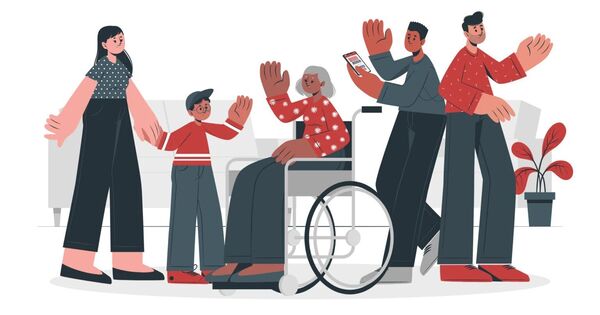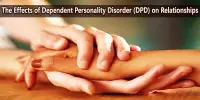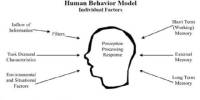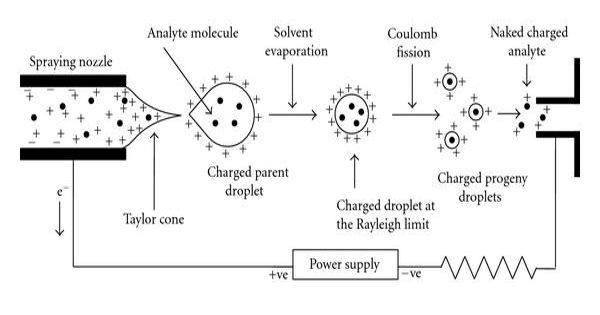Discrimination may accelerate the biological processes of aging, according to a new study headed by academics at the NYU School of Global Public Health. The study links interpersonal prejudice to molecular alterations, suggesting a possible core cause of differences in aging-related illness and death.
“Experiencing discrimination appears to hasten the process of aging, which may be contributing to disease and early mortality and fueling health disparities,” said Adolfo Cuevas, assistant professor in the Department of Social and Behavioral Sciences at NYU’s School of Global Public Health and senior author of the study published in Brain, Behavior, and Immunity-Health.
According to research, people who face discrimination because of their identity (e.g., color, gender, weight, or handicap) are more likely to develop a variety of health problems, including heart disease, hypertension, and depression. While the exact biological processes underlying these bad health consequences are unknown, prolonged activation of the body’s stress response is a significant contribution. Furthermore, a growing amount of studies links persistent discrimination to aging-related physiologic processes.
While health behaviors partly explain these disparities, it’s likely that a range of processes are at play connecting psychosocial stressors to biological aging.
Adolfo Cuevas
To better understand the connection between discrimination and aging, Cuevas and his colleagues looked at three measures of DNA methylation, a marker that can be used to assess the biological impacts of stress and the aging process. Blood samples and surveys were collected from nearly 2,000 U.S. adults as part of the Midlife in the United States (MIDUS) study, a longitudinal analysis of health and well-being funded by the National Institute on Aging.
Participants were asked about their experiences with three forms of discrimination: everyday, major, and workplace. Everyday discrimination refers to subtle and minor instances of disrespect in daily life, whereas major discrimination focuses on acute and intense instances of discrimination (for example, being physically threatened by police officers). Discrimination in the workplace includes unjust practices, stunted professional opportunities, and punishment based on identity.
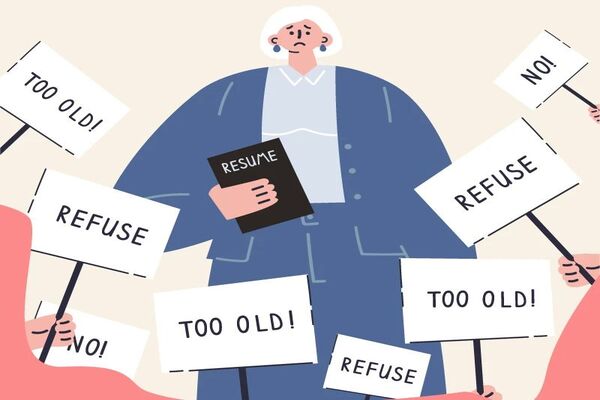
The researchers discovered a relationship between discrimination and rapid biological aging, with those who reported greater discrimination aging biologically faster than those who experienced less discrimination. Everyday and substantial discrimination were consistently connected with biological aging, whereas workplace discrimination was similarly linked to hastened aging, although with a less severe impact.
A more in-depth analysis revealed that two health indicators — smoking and body mass index — accounted for about half of the connection between discrimination and aging, implying that other stress reactions to discrimination, such as elevated cortisol and poor sleep, contribute to hastened aging.
“While health behaviors partly explain these disparities, it’s likely that a range of processes are at play connecting psychosocial stressors to biological aging,” said Cuevas, who is also a core faculty at the Center for Anti-racism, Social Justice, & Public Health at NYU School of Global Public Health.
In addition, the relationship between prejudice and hastened biological aging differed by race. Black study participants reported higher levels of prejudice and tended to be older biologically and age faster. However, White participants who reported less discrimination were more vulnerable to the effects of prejudice when they did encounter it, possibly due to less frequent exposure and fewer coping mechanisms. (The MIDUS study did not include data for other racial and ethnic groupings.)
“These findings underscore the importance of addressing all forms of discrimination to support healthy aging and promote health equity,” Cuevas said.
